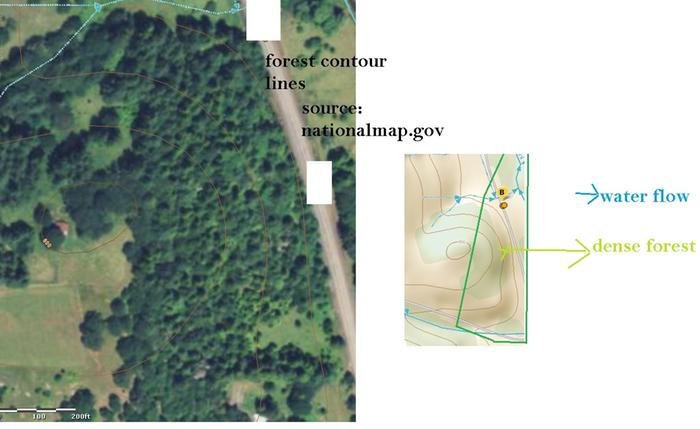posted 5 years ago
I always wonder if guerrilla planting does more harm than good, and the ethics of it bothers me.
We have commercial tree farms here, several right near me. A friend owns one. All of them I have seen do the same thing. They clear cut when the trees are large enough to harvest, then they replant and use spray herbicides to control "weeds" periodically throughout the life of the trees. Weeds are everything except the trees in this case. If you plant the area with a bunch of stuff, native or not, the people that maintain the tree farm will just spray more often. I personally don't want to be responsible for extra spraying of poison. I don't see any gain from it. The plants you put there are not going to live any substantial amount of time before being poisoned.
As far as the ethics of it, I believe in property rights. My values are different than my friend's that own the tree farm. I don't believe that gives me the right to go on his property, illegally by the way, and impose my value system on him. Suppose he were to decide to come onto my food forest and spray poison all over everything except my trees because that's the way he thinks trees should be grown? My rights to do what I think are best for a piece of land end at my property lines. I'm all for educating people in what I think is the better way to do things. My friend had probably heard the word "guild" far more times than he would like. I think he is a little interested in what I tell him about my own methods of growing. He isn't ready to try something else with his tree farm yet. That is entirely within his rights. He bought that land, he pays the taxes. I don't believe disagreeing with him gives me any right to go onto his land and start planting anything. I think if you want to plant something, do it on your land or somewhere you have permission to do it.








